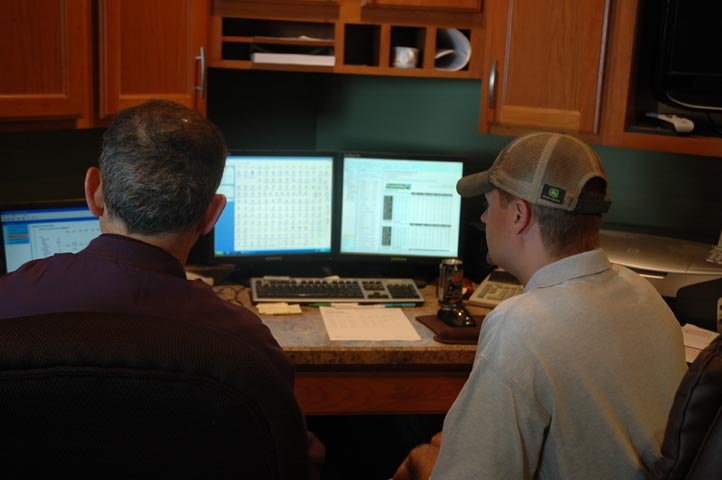
The other day, a participant in one of my teaching forums asked me to switch perspectives. He stated that I normally discuss the best management practices, but he was interested in knowing the worst. Well, that is an interesting twist! In no particular order, here are my top ten worst management practices for today’s farms and ranches.
1. Investment into nonproductive assets. Throughout the years, good economic times bring profit and prosperity. Along with that trend is the constant temptation to raise your standard of living or in other words, experience the finer aspects of life. Yes, a little indulgence is fine, but moderation is the key here.
2. High family living cost or withdrawals from the business. Family costs can be a significant cash flow drain. The difference between high maintenance and low maintenance family living costs is approximately $70,000. This is a considerable amount of free cash flow.
3. Spending your way out of income taxes. Very few businesses fail from paying their income taxes. Often, assets are purchased as a way to avoid or minimize the amount owed in taxes. Again, moderation and balance is required. Pay taxes and invest in productive, needed assets.
4. Poor financial record systems. Without a good financial record system, you are purely a production plant manager. Those focused just on production are over-exposed to rapid economic failure. Financial records are the foundation for a sustainable business.
5. Co-mingling business and personal expenses. Without separation of expenses you cannot accurately determine your cost of production for the businesses. Knowing your costs is the only way to determine profit and performance.
6. Bigness on the brain! Business growth and expansion tend to work well in the positive part of the economic cycle. However, in a downturn, a business that it over-exposed may quickly suffer. The overzealous pursuit of growth can be dangerous. The abilities of the business manager must grow alongside the actual business in order to appropriately reserve excess financial liquidity for the inevitable downturn.
7. Mismanagement of a family member’s return. Sometimes, a family member will return to the business and immediately start drawing a manager’s salary. Yet, the productivity and quality of work are much more similar to an entry level employee. Compensation and productivity must match, especially for managers and family members.
8. Skipping the details. Regardless whether it is a family member or another individual, no one should be hired for the business without a job description and outlined responsibilities. This often happens inside families. Detailed responsibilities are required to accurately match an individual’s skill set with the demands of the job. Otherwise, the new hire may very well lack the skill base needed to perform the job for the business.
9. Attempting to hit a home run each time at bat! Whether it is marketing, risk management, production, or financial investment, success often is a series of base hits, in baseball terms, or small, incremental gains. Good balance is critical to long-term sustainability.
10. Refusal to learn. Business owners are bound to make mistakes; but the repeat of those mistakes is a recipe for disaster. Live, learn and move forward!
This is my list of the worst top 10 management practices. There are most certainly other aspects and components that are very important for businesses, but this list demonstrates that discipline is required for success. Even the mundane, seemingly boring tasks and details can be extremely important.
About the Author(s)
You May Also Like






